Sing Tao Probe | Street Challenge: Citizens takes on 6 true-or-false questions about the Hong Kong National Security Law
The Hong Kong National Security Law has been implemented in Hong Kong since 2019. How much do people know about the Hong Kong National Security Law? Sing Tao Probe has organized a game on “Hong Kong National Security Law” to test people's knowledge of the law. There are 6 questions in the game, and participants only need to answer with a “Yes” or a “No”. Sing Tao Probe invited Professor Gu Minkang, Director of National Security and Legal Education Research Centre of The Hong Kong University of Education, to answer the questions about the Hong Kong National Security Law and give a detailed explanation.
A test about citizens’ knowledge of the Hong Kong National Security Law.









In this test, the six right-or-wrong questions set include:
1. “Will Hong Kong be the only place where cases under the Hong Kong National Security Act are heard by designated judges?”.
Answer: “No”. As a matter of fact, the National Security Act of the United Kingdom has the same arrangement of trial by designated judges.
2. “Is the trial procedure for Hong Kong National Security Law-related cases the same as that for other criminal cases?”?
Answer: “Yes”. Many people have the misconception that there is a special trial procedure for National Security Law cases.
3. “Does the Hong Kong National Security Law contain six types of crimes?”?
Answer: “No”. There are four offences under the Hong Kong National Security Law, including the offences of secession, subversion of state power, terrorist activities, and colluding with foreign countries or forces outside Hong Kong to endanger national security.
4. “Under the Hong Kong National Security Law, any person who has not been convicted of an offence is presumed innocent?”.
Answer: “Yes”. According to Article 5 of the Hong Kong National Security Law, any person who has not been convicted by a law enforcement agency is presumed innocent.
5. “Is Hong Kong the only place where the National Security Law exists?”?
Answer: “No”. In fact, many countries, such as the United Kingdom, the United States, Canada, Australia and Singapore, have laws to safeguard national security.
6. “Does the National Security Law have nothing to do with me?”
Answer: “No”. A citizen said, “How come it doesn't matter to me? It matters to the public. It's just common sense”.
The National Security Law is not unique to Hong Kong, responsible for national security Interests
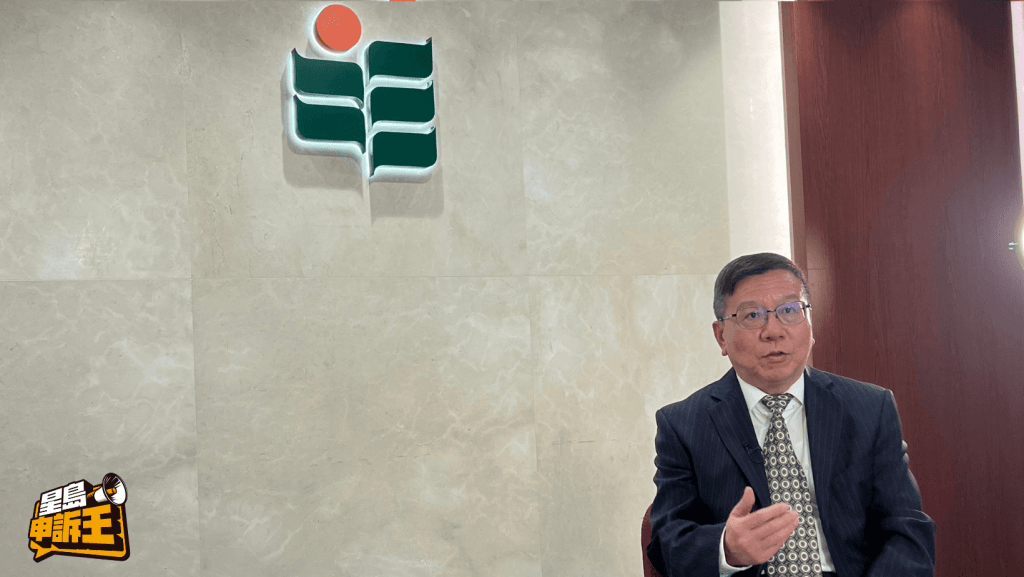

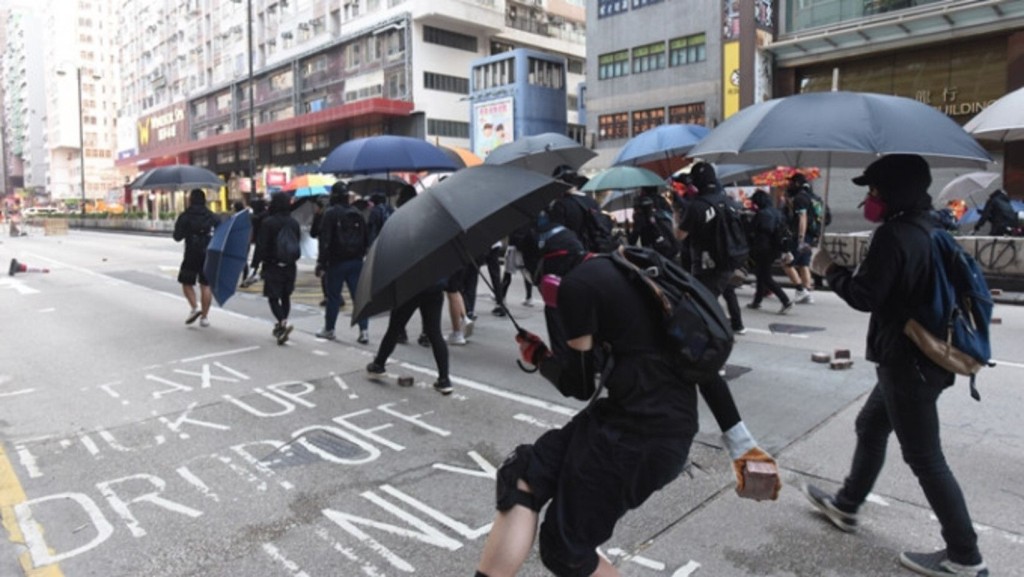
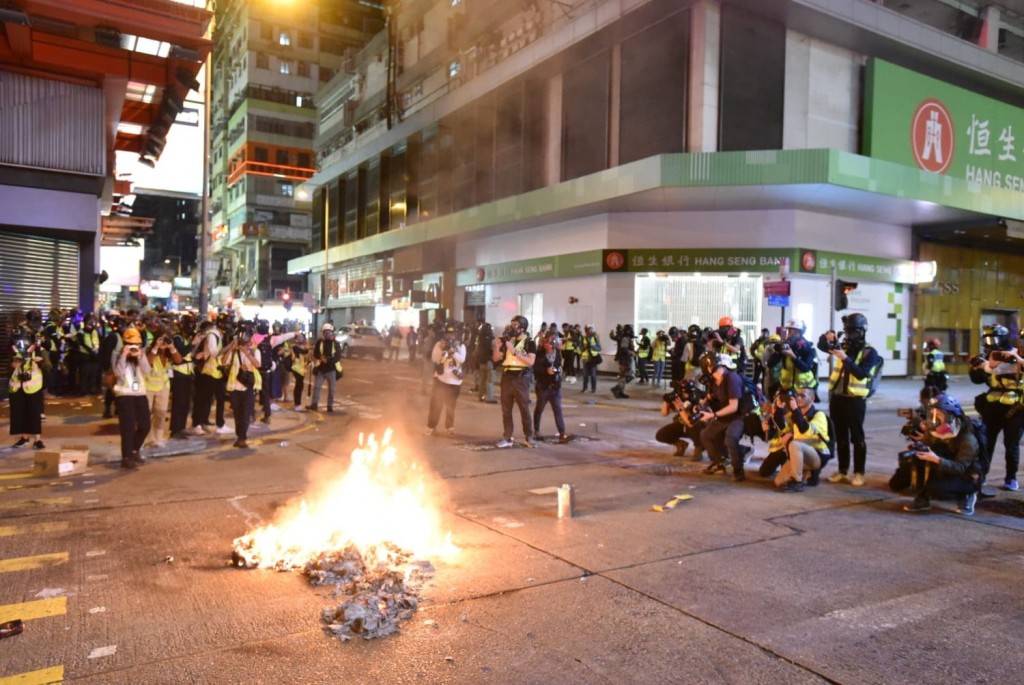
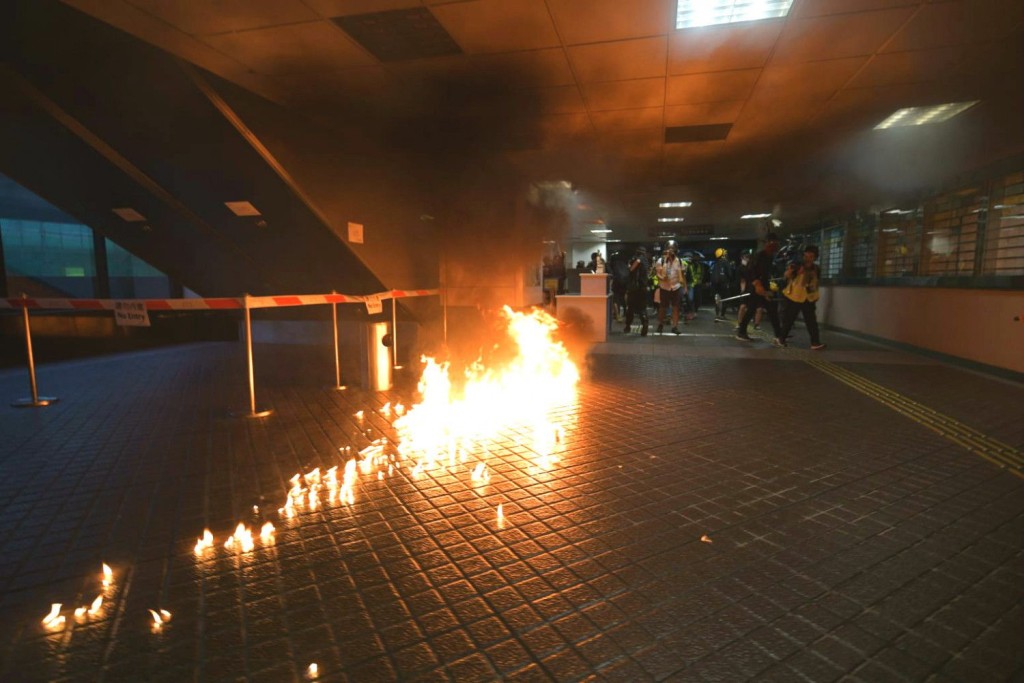
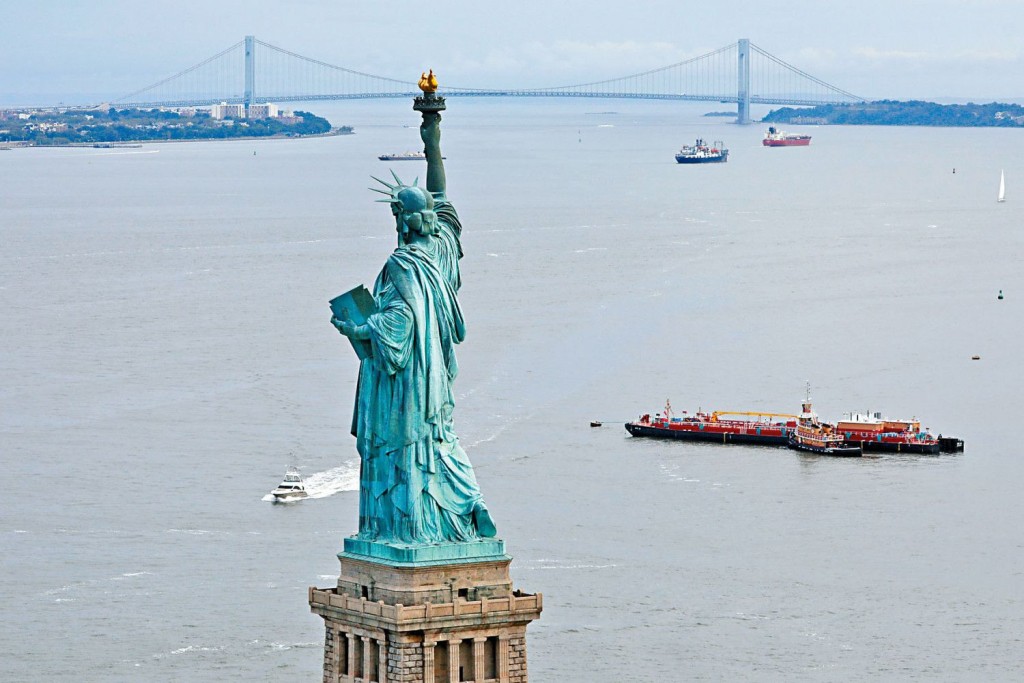
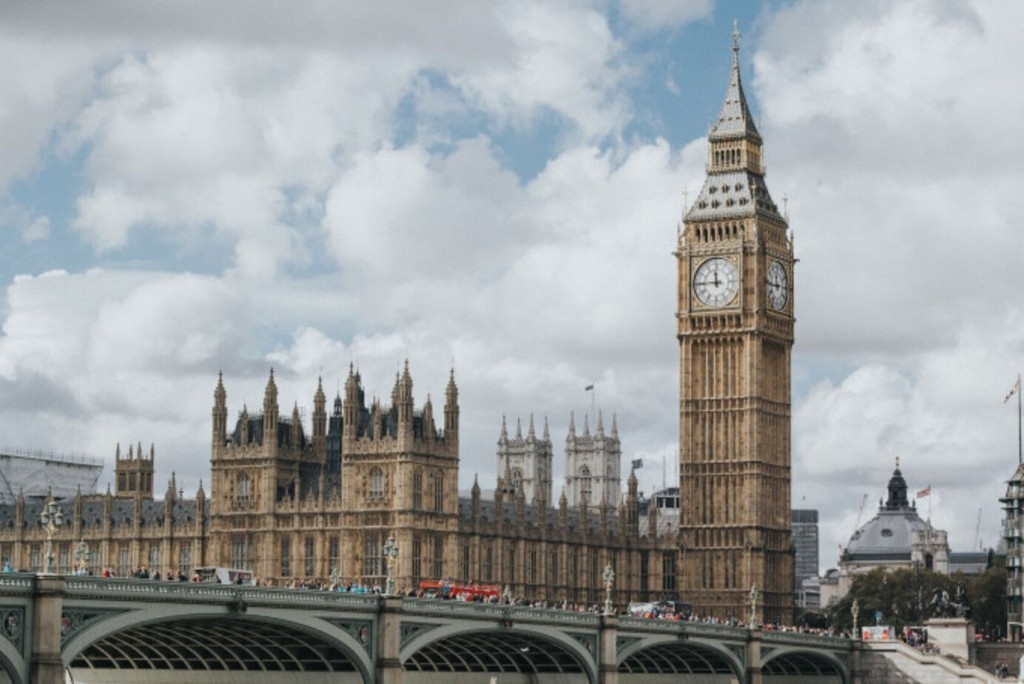
Sing Tao Probe interviewed Prof. Gu Minkang, Director of National Security and Legal Education Research Centre of The Hong Kong University of Education, to explain in more detail the origins of Hong Kong's National Security Law, penalties, comparison with the national security law of other countries, and its impact on the daily lives of the public, etc.
He pointed out that the National Security Law was not unique to Hong Kong, and that many countries had established their national security laws a long time ago, such as the United Kingdom in 1351, the United States in 1938, Australia in 1914, New Zealand in 1961, Singapore in 1871, etc. He explained that each country would attach importance to national security and thus has its own national security law, because every country and every region needs to protect its overall interests. As Hong Kong is an inalienable part of the People's Republic of China, it has to shoulder the responsibility of safeguarding the security and interests of the whole country, and so Hong Kong needs a national security law. He was of the view that after the implementation of the Hong Kong National Security Law, the society was more peaceful and the economy and other aspects had normal development.
Gu introduced that the most serious violation of the Hong Kong National Security Law carries a life sentence, while the less serious ones could be sentenced to three 3 to 10 years of imprisonment. Comparing the sentences under the Hong Kong National Security Law with those in foreign countries, they are not particularly harsh. In the United States, for example, a person who commits the crime of “treason” is liable to a death penalty or imprisonment for a term of five years or more to life imprisonment without the possibility of parole. In the United Kingdom, under the National Security Act, a person convicted of espionage, sabotage, or being an agent of a foreign power is liable to a maximum penalty of life imprisonment.
Citizens need not fear breaking the law if they live their usual life, as citizens are suggested to have a deeper understanding of the Hong Kong National Security Law
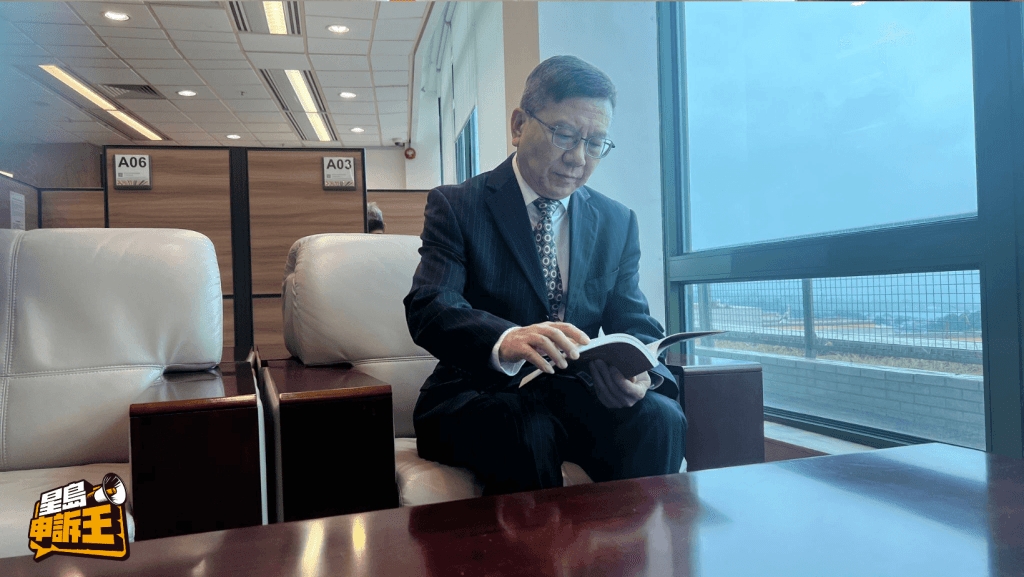
Many citizens still have misunderstandings and doubts about the Hong Kong National Security Law, for example, citizens still aren’t sure whether it is illegal to criticize the government on the internet. Prof. Gu explained that it is not a big problem if criticism is out of anger. But if a person escalates the matter infinitely, saying that the government is abominable and should be overthrown, and even calling on people to besiege the government, then that is where the line is drawn. If the general public just say something out of normal anger, or casually saying “this government is really bad”, he said: “I don’t think anyone would say that it is endangering national security.”
In addition, some people are worried that there will be no freedom of speech and publication after the implementation of the Hong Kong National Security Law. Gu pointed out that the freedom of speech and of publication can be boundless and unrestricted, but according to the International Bill of Human Rights and the Basic Law of Hong Kong, it is clearly stipulated that some restrictions can be imposed when national public interests are involved. In other words, while freedom of speech is allowed under normal circumstances, it is not allowed when national security, public interest and public order are involved. For example, there is no problem with criticizing the government in general and expressing views, opinions and dissenting views.
As to how the general public or organizations could know whether they have violated the Hong Kong National Security Law, Gu said that ordinary people would not normally come across the “red line” as they go about their business. As for organizations, since every organization is different, the leaders of an organization can seek legal advice. But people should not blindly escalate some normal acts and link them with the National Security Law or national security.
Finally, Gu suggested that the general public should also pay attention to what the Hong Kong National Security Law is about, so as to deepen their understanding of the law.



